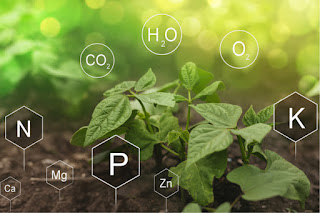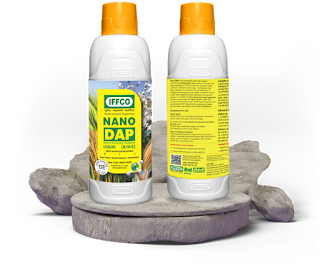What is the Role of NPK in Plants?
Plants need specific nutrients for their growth. Otherwise, they fail to grow and reproduce naturally. The top three nutrients needed for plant growth are NPK, which means nitrogen, phosphorus and potassium. iffco dap bag is one of the common nano fertilizers used to address the deficiencies of nitrogen and phosphorus in crops. The IFFCO Nano Diammonium Phosphate fertilizer is the first choice of many farmers who own farmlands of cauliflowers, corn, peas, etc. Mentioned below is a brief understanding of the important role of nitrogen phosphorus and potassium in the growth of plants:
Nitrogen
It is a major component of chlorophyll, which plants use sunlight energy to produce food from water and carbon dioxide. The process is known as photosynthesis. Nitrogen is the main component of amino acids, which are the building blocks of proteins without which plants wither and die. Nitrogen is a key component of an energy transfer compound called adenosine triphosphate, which allows cells to conserve and use the energy released in metabolism.
Phosphorus
Phosphorus is one of the essential nutrients for plant growth. It helps in plant functions, which cannot be replaced by other nutrients. Enough supply of phosphorus is required for the optimum amount of growth and reproduction. Phosphorus is required for crop production in relatively large amounts. Phosphorus plays an important role in plant processes involving energy transfer.
Potassium
Potassium plays a major role in increasing root growth and improving drought resistance. It is associated with the movement of substances in plant tissues, which include water, nutrients and carbohydrates. It helps in plant enzyme activation, affecting starch, protein, and adenosine triphosphate (ATP) production. The production of adenosine triphosphate regulates the rate of photosynthesis. It maintains turgor and reduces water loss and wilting.
The absorption of these nutrients from fertilizers is not only essential for growth but also for imparting resistance and susceptibility to plant diseases. Other than nitrogen, phosphorus, and potassium, other micronutrients essential for plant growth are copper, manganese and zinc. They are helpful in photophosphorylation and synthesis of chlorophyll metabolism of carbohydrates and phosphorus, respectively.




Comments
Post a Comment